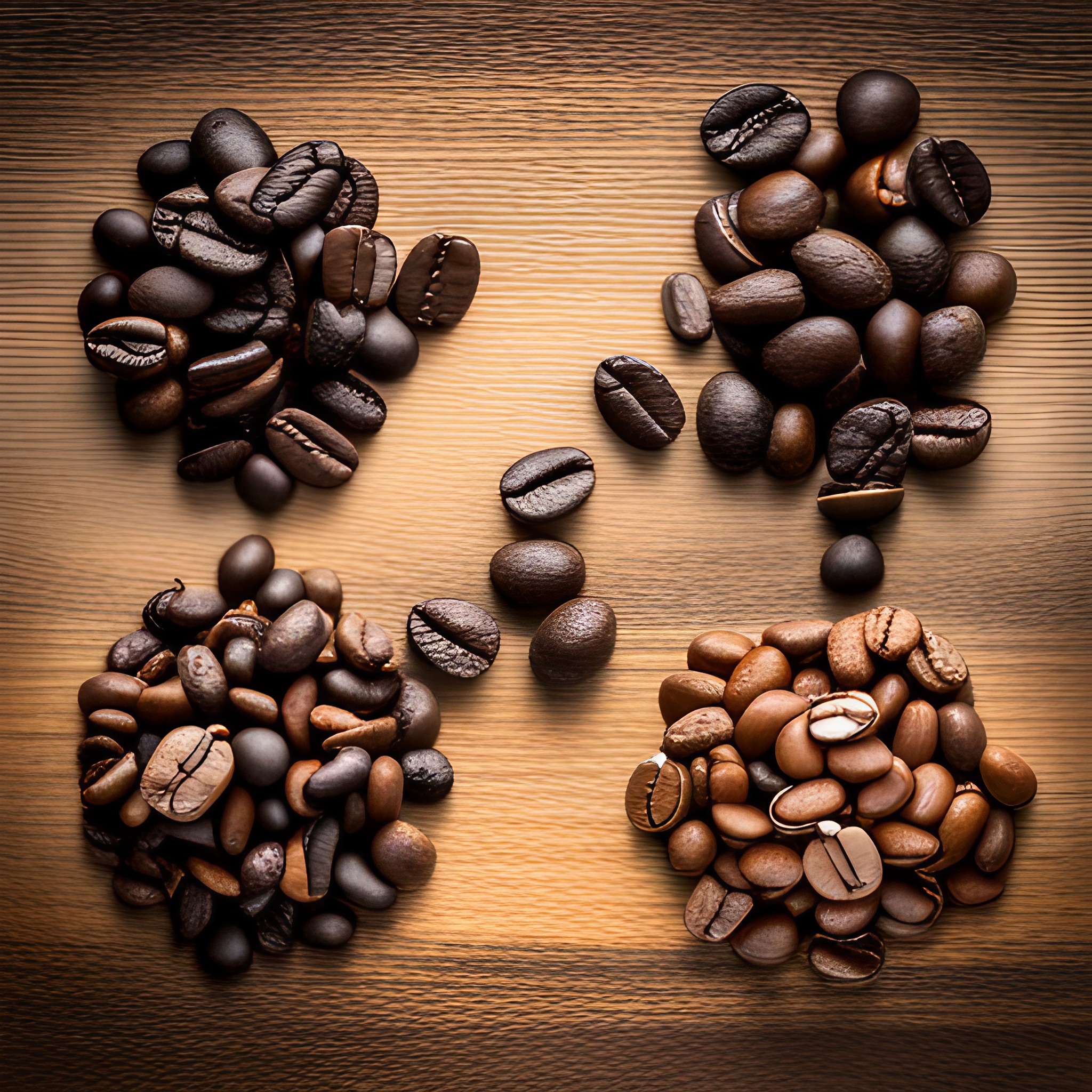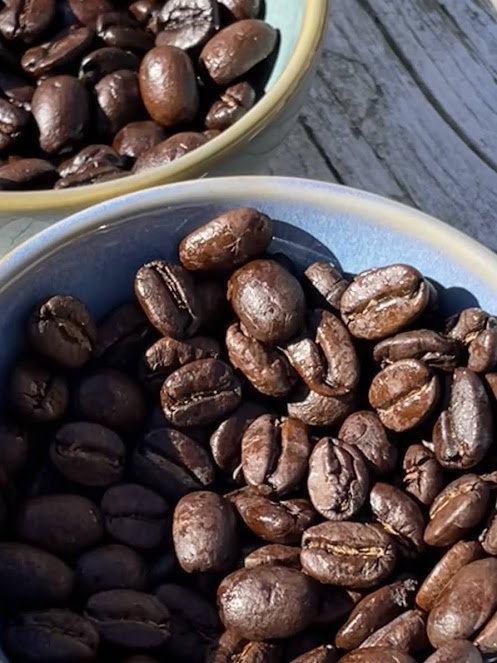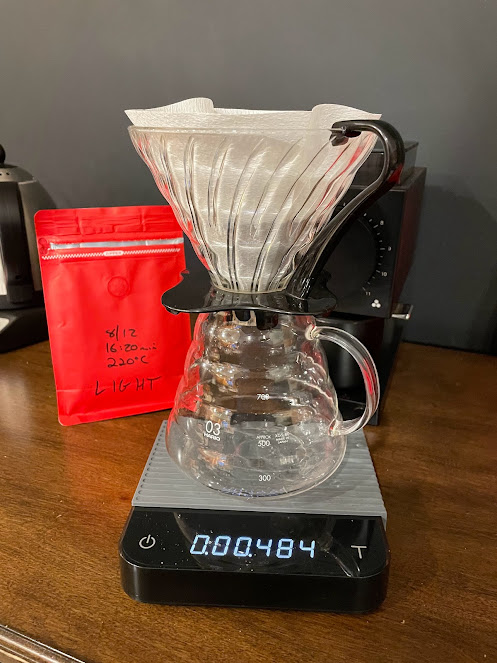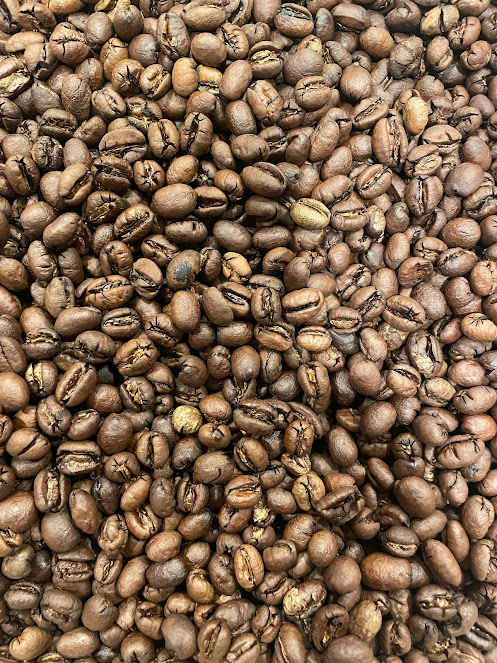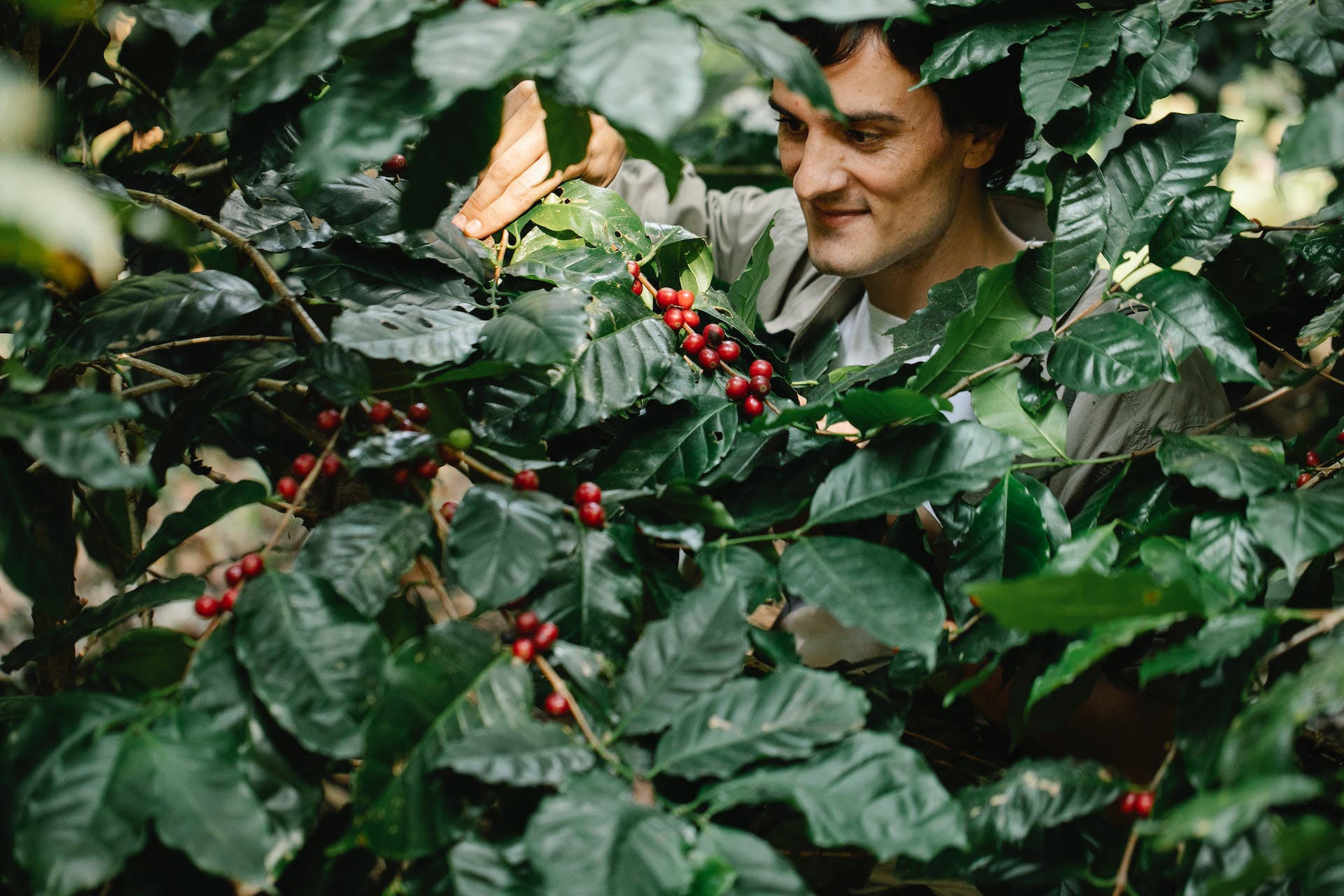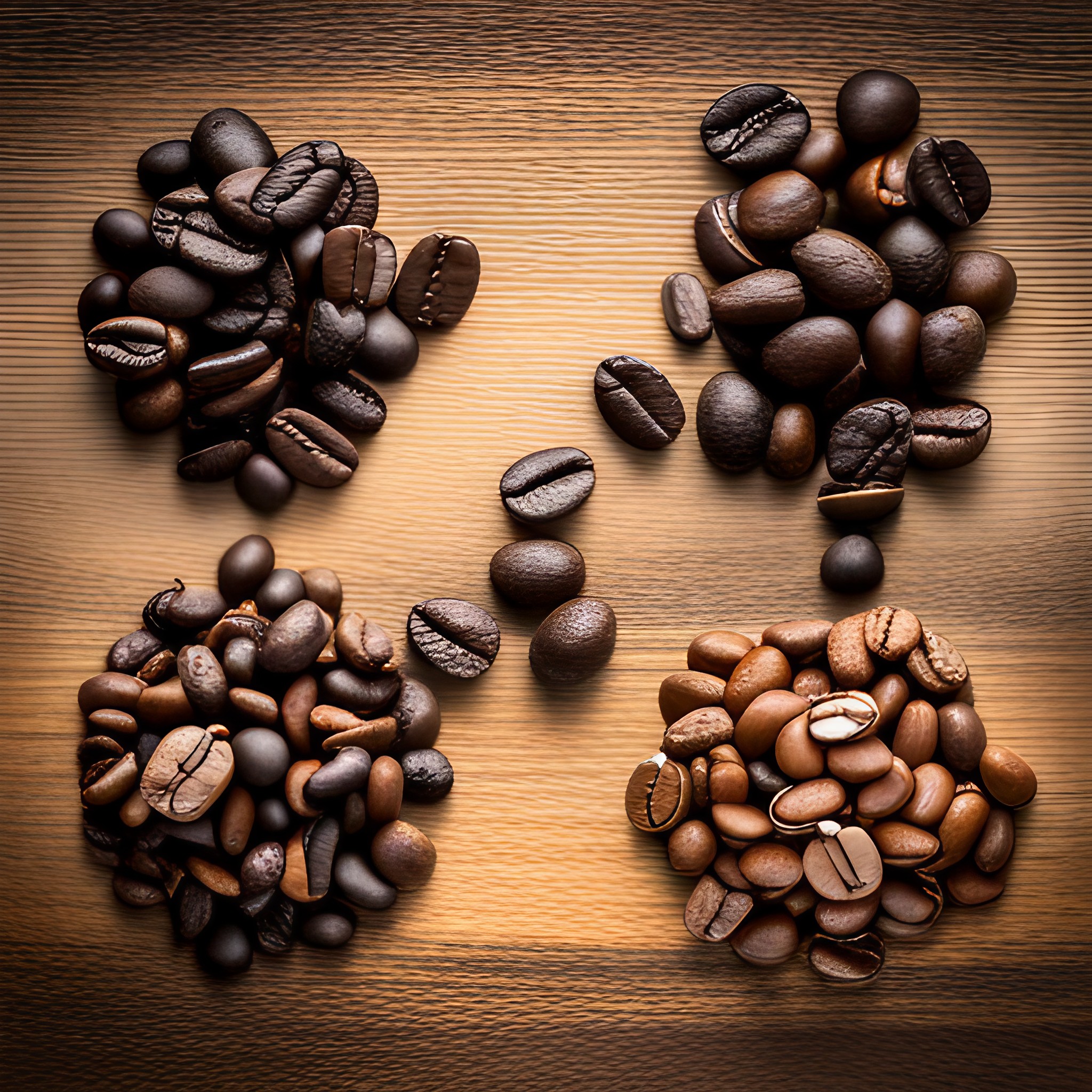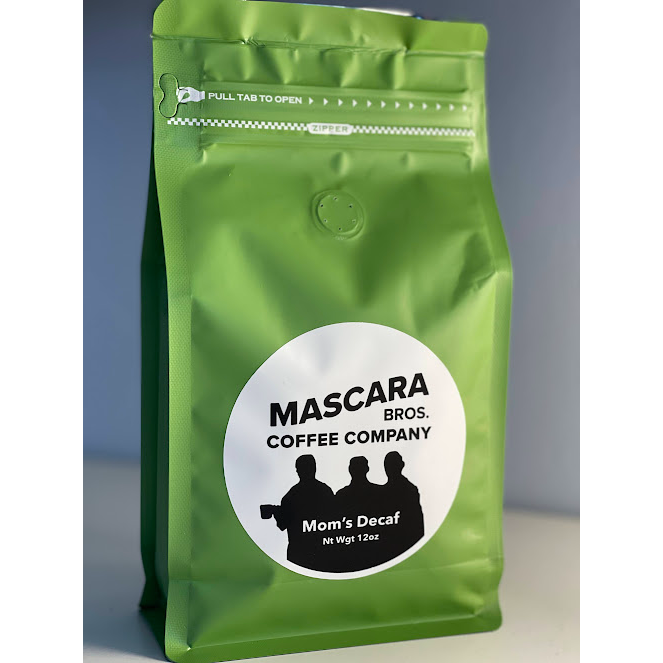If you’re a coffee enthusiast, you know that brewing the perfect cup of joe takes some effort. But did you know the biggest mistake most people make when making coffee is measuring incorrectly? Yep, measuring with tablespoons and cups can give an inconsistent result depending on your method and type of coffee. So let’s talk about why weighing your coffee matters and how to do it right.
Great Coffee Better
Coffee lovers, it's time to put down your daily dose of caffeine and listen up because we're here to talk about single-origin coffee. If you're a fan of specialty coffee, then you've probably heard of it before. But for those of you who are still loyal to your commercial coffee chains, this may be new territory. Fear not though, we're here to break it all down for you and explain why it matters.
Great Coffee Better
Tracing your coffee farm to cup ensures that you are part of a sustainable and ethical supply chain. We believe that the best cup of coffee comes from farmers who are given fair wages for their work, safe working conditions, and access to education and resources to improve the quality of their crop, or Volcafe Way.
Great Coffee Better
If you’re a coffee lover, you know the importance of the right roast for the perfect coffee flavor. You may have even tried different roast profiles, without knowing why they affect the coffee flavor. If you’re looking to unravel the mystery of roast profiles and how they affect coffee flavor, you’ve come to the right place.
Great Coffee Better
For coffee lovers who want to enjoy the rich taste of their daily dose of caffeine without the added jitters, decaf coffee is the perfect answer. Decaf, short for decaffeination, refers to the process of removing caffeine from coffee beans. Although it is a straightforward process, some methods of decaffeinating coffee involve the use of chemicals. This has led to the popularity of natural decaf processes such as the Swiss Water Process and Mountain Water Process. In this post, we will take a closer look at these two chemical-free decaf processes.
Great Coffee Better

